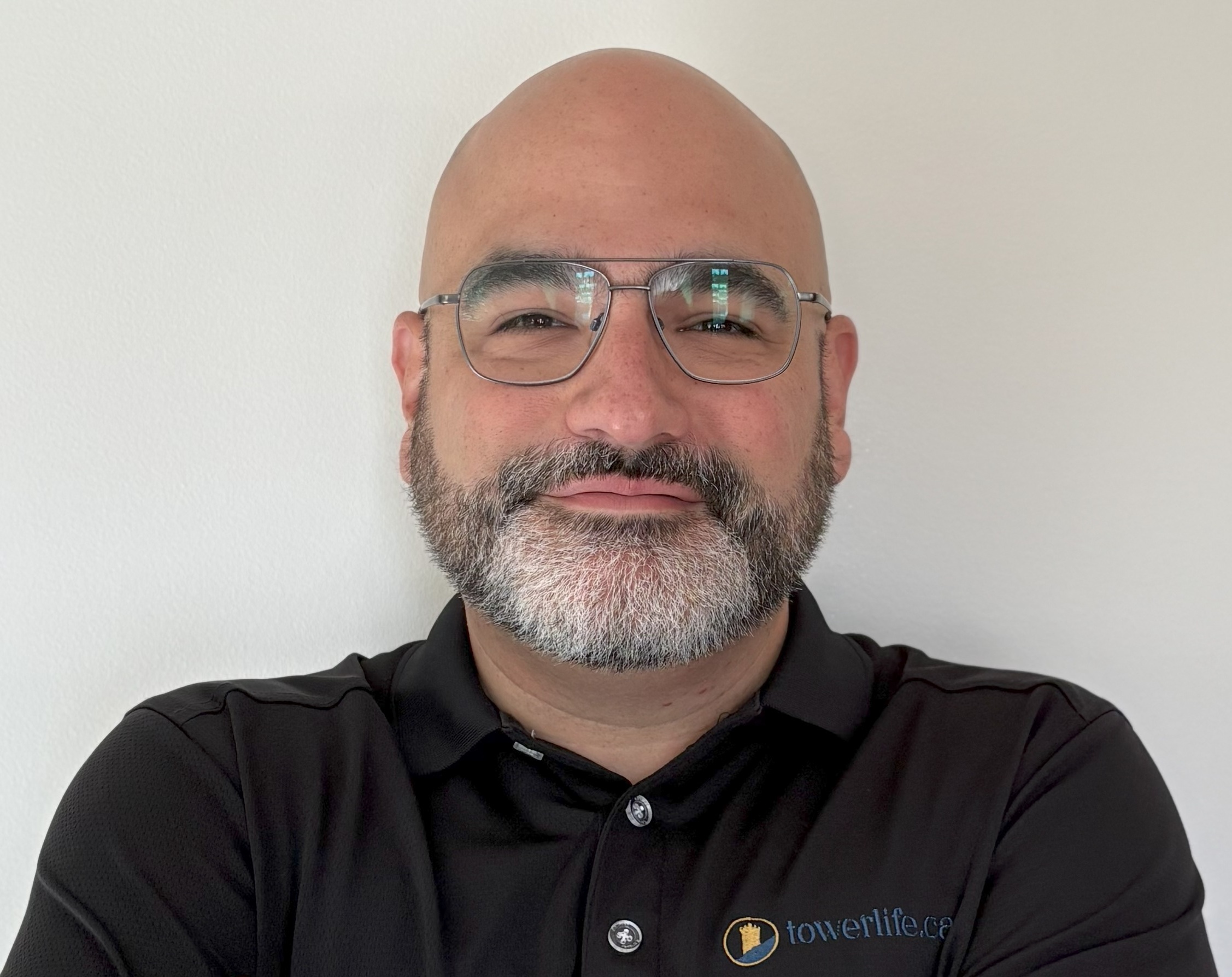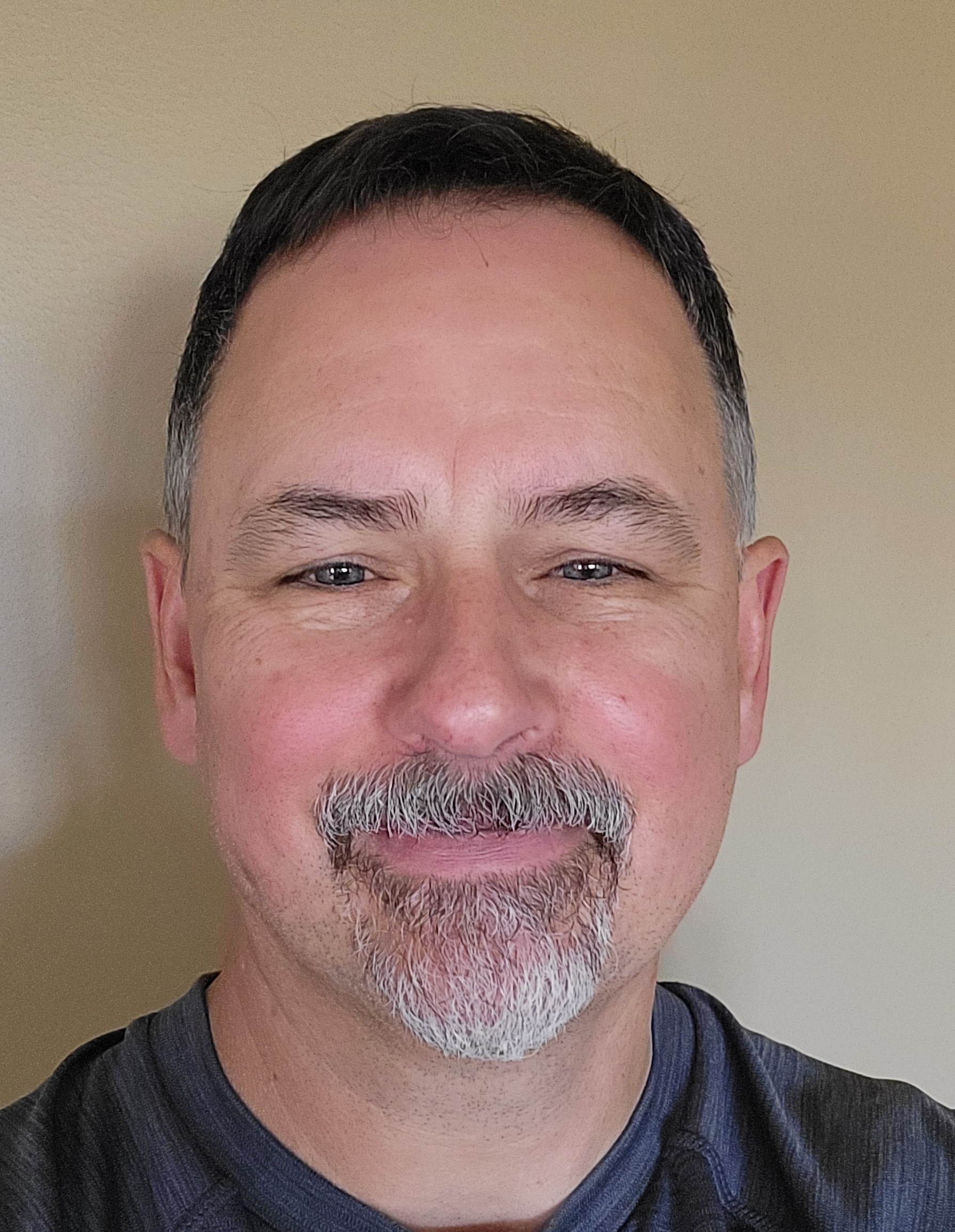Whose Capital Is It Anyway?
If your money is locked away, earning someone else returns while you wait for permission to access it, is it really yours? Let's talk about capital, control, and the biggest lie in personal finance.

Jose Atencio
Founding Partner & Licensed Insurance Advisor

“He who controls the structure, controls the capital.”
— (Probably not Menger, but it should be)
We’ve been told a lie so often, it’s now gospel:
Put your money in mutual funds. Let it grow. Don’t touch it. One day, decades from now, you’ll be free.
But Austrian economics — and anyone who’s paid attention to how the system really works — forces us to ask a dangerous question:
Whose capital is it, really?
If your money is locked in someone else’s fund, inside someone else’s system, generating returns you can’t access — then it’s not capital to you. It’s capital to them.
They’re building with it.
They’re leveraging it.
You’re waiting.
And this isn’t just theoretical.
In Canada, most people’s money is locked inside RRSPs, tied up in mutual funds they don’t control, generating taxable gains they can’t even deploy. In the U.S., it’s 401(k)s and IRAs — the same prison, different acronym.
And who told us to do this?
Mainstream finance voices — like Dave Ramsey — who preach discipline but ignore sovereignty.
Ramsey’s “Baby Steps” push you to eliminate all debt, then hand your surplus over to Fund Managers for 40 years. You get pats on the back, fees, market anxiety and a tax bill. They get your capital.
This model:
- Blocks Opportunties
- Hinders entrepreneurial action and creativity
- And teaches people to behave like obedient savers, not strategic capitalists
It kills the spirit of enterprise and replaces it with passive deferral.
You’re told to be “responsible” by giving up the only thing that gives you real power: access to your own capital.
A Simple Test:
If you had a brilliant opportunity tomorrow — a real estate deal, a distressed asset, a business buyout — could you use your own money to act on it?
If the answer is no, you don’t own capital. You hold trapped savings.
What Is Capital, Really?
Carl Menger’s Austrian definition is clear. To put it simply:
Capital is the part of your wealth used deliberately to produce more wealth, within a plan, by you.
Not just “invested.” Not just “earning.”
Accessible. Deployable. Calculated. Intentional.
By that definition, your RRSP mutual fund isn’t capital — not to you.
But it sure is to:
- The fund managers who make fees whether you win or lose
- The public companies who issue shares and use your dollars to scale
- The government who while not being able to be productive, they confiscate your capital through taxes
You may hold the paper — but someone else is using the power.
If you want to reclaim your sovereignty, you need a system where:
You keep control
Your capital stays liquid
You leverage rather than liquidate to deploy
That system exists. It’s called The Infinite Banking Concept (IBC). And it is not just a system, but the most powerful tool to build Capital.
IBC allows you to store capital privately inside a specially designed participating whole life policy — where:
- Your capital grows securely, shielded from market volatility
- You can leverage it, not liquidate it, when opportunity knocks
- Your pool of capital increases over time — without losing access
- You build independence from traditional lenders and retirement traps
It’s not just about growth.
It’s about control.
And not building a system that relies on hope.
- If you’re tired of being broke.
- If you’re tired of asking permission to use someone else’s money.
- If you’re done being a silent shareholder in someone else’s system.
Then it’s time to talk.
Related Articles


George J. Roth
Founding Partner & Independent Life, Accident and Sickness Insurance Advisor. Authorized IBC Practitioner
Whole Life Insurance 101
Explore the foundational benefits of participating whole life insurance: tax-advantaged growth, guaranteed death benefit, uninterrupted compounding, and complete ownership and control.
Read more

Jose Atencio
Founding Partner & Licensed Insurance Advisor
Your Need for Financing Is Greater Than Your Need for a Death Benefit
Discover why Canadians remain chronically undercapitalized and how you can take back control by setting up your own privatized banking system using specially designed participating whole life insurance policies.
Read more

Jose Atencio
Founding Partner & Licensed Insurance Advisor
The 3 Certainties in Life: Death, Taxes, and the Need for Capital
Death and taxes are inevitable, but so is your ongoing need for capital. Learn how specially designed participating whole life insurance can help you address all three with confidence and control.
Read more